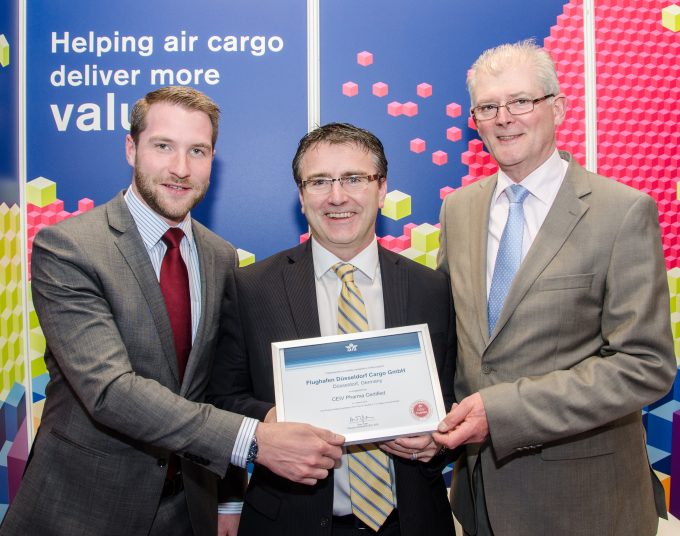Virgin Atlantic Cargo axes Shanghai route over cost concerns
Not even boundless volumes of ecommerce could save Virgin Atlantic’s Shanghai route, as higher costs ...

IATA’s CEIV initiative is gaining momentum as the air cargo industry attempts to plug the flow of pharma shippers switching to ocean freight.
At last week’s World Cargo Symposium in Berlin, the air cargo community at Schiphol announced its participation in the scheme, while Frankfurt is also gaining certification. IATA has said the accreditation is “urgently required to stop the alarming decline of air cargo’s market share of global pharmaceutical product transport”.
There has been some distrust of CEIV, with some players ...
USTR fees will lead to 'complete destabilisation' of container shipping alliances
Outlook for container shipping 'more uncertain now than at the onset of Covid'
Flexport lawsuit an 'undifferentiated mass of gibberish', claims Freightmate
Cancelled voyages take the sting out of spot rate declines this week
Shippers warned: don't under-value US exports to avoid tariffs – 'CBP will catch you'
Blanked sailings in response to falling demand 'just a stop-gap solution'


Comment on this article